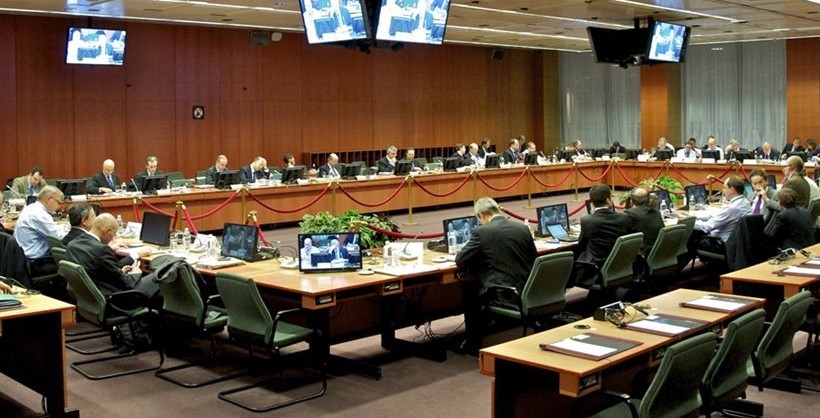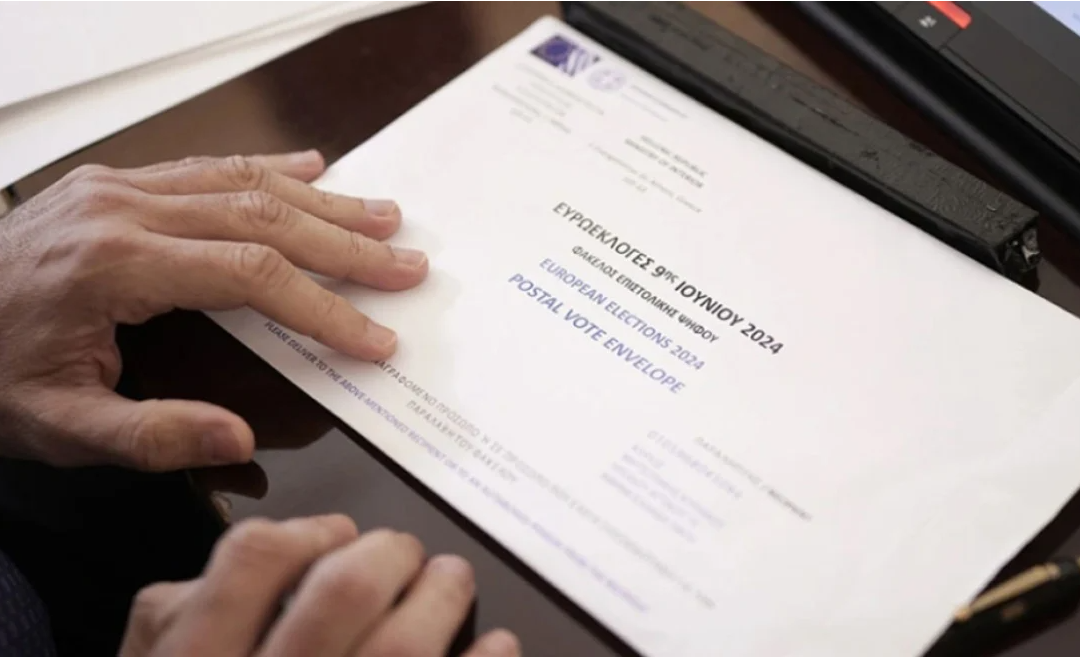The crucial Eurogroup meeting for Greece scheduled for April 24 is to take place in ten days. There are warnings from abroad that time is running out for a solution that would avert a “Grexident” resulting in Greece’s exit from the eurozone. Negotiations are continuing now that Greek Orthodox Easter (April 12) has ended but the situation looks glum.
The government’s first trilateral meeting with social partners’ representatives (trade unions and employee associations) on labor issues legislation is expected to take place on Wednesday at the Labour Ministry. Leftist Avgi newspaper reports that a draft law that the Labor Ministry is currently working on doesn’t include a schedule for the gradual restoration of the minimum wage, something that will be settled with another bill.
Meanwhile, Yanis Varoufakis is beginning a new round of negotiations with the three institutions on Tuesday. These negotiations will end at the Eurogroup gathering of eurozone ministers or, at the latest, by the end of the month as facilitated by the two-month bridge deal reached on February 20.
Thematic units have been drawn up and will begin to be examined by the Brussels Group on Tuesday or Wednesday. For starters, Athens will need to discuss fiscal measures and needs to convince the country’s international creditors that the fiscal gap will be filled as those who have debts owed to the Greek state taake advantage of the debt settlement. In this way, the government hopes to avoid the implementation of new taxes, or painful wage and pension cuts. For this reason, strict tax monitoring will be applied to fill in the gaps for tax evasion.
The Brussels Group will then meet day by day, closing one thematic unit before moving to the next.
Sources abroad predict problems for Greece
Sources abroad are concerned that Athens does not have the adequate time to fulfil obligations in the next three months so as to secure a deal. “Red lines” have been set and the government needs to prove that the fiscal and tax measures are enough to ensure Greece can make obligations as well as convince its creditors on social security and labor reforms.
The Radical Left Coalition (SYRIZA) government has already pledged to put an end to early retirement schemes at 50 and earlier, such as those of bankers, etc. International creditors want immediate action.
Clemens Fuest, German Finance Minister Wolfgang Schauble’s advisor, told Austrian newspaper, Der Standard, on Monday that it is “difficult to understand what the Greek government wants and someone has the impression that it is seeking a Grexit itself.”
The Financial Times also weighed into the “Greek issue” on Monday with a “do-or-die” scenario it says the leftist Greek government is considering this month if it doesn’t achieve a loan agreement with Eurozone creditors to unblock more than seven billion euros in bailout loans.
On its part, the Greek government states that the country’s interest in putting an end to austerity and focusing on development instead, is what is worrying creditors.
Finance Minister Yanis Varoufakis’ reforms list
The government has increased the new measures effectiveness by 1 bln euros to 7 blns to the 6.1 bln euros initially expected to be gathered from the reforms.
The Greek side does not want to implement VAT incrases, changes to social security, the legalization of group dismissals etc.
Conference on the EZ
The Greek economy and the eurozone will be the main topics on the agenda of the conference by the Brookings Institution on Thursday, April 16, in Washington. Finance Minister Yanis Varoufakis will be the keynote speaker at the round table discussion titled “The Greek Economy and its Global Partners.” He will touch upon the challenges facing Greece and the prospects for reform and economic recovery.
German Finance Minister Wolfgang Schauble will head another round table discussion, titled “The Eurozone at a Crossroads (Again).”
Varoufakis will meet with economist and former Turkish finance minister Kemal Dervis and Brookings Institution executive David Wessel on the sidelines of the conference.
































